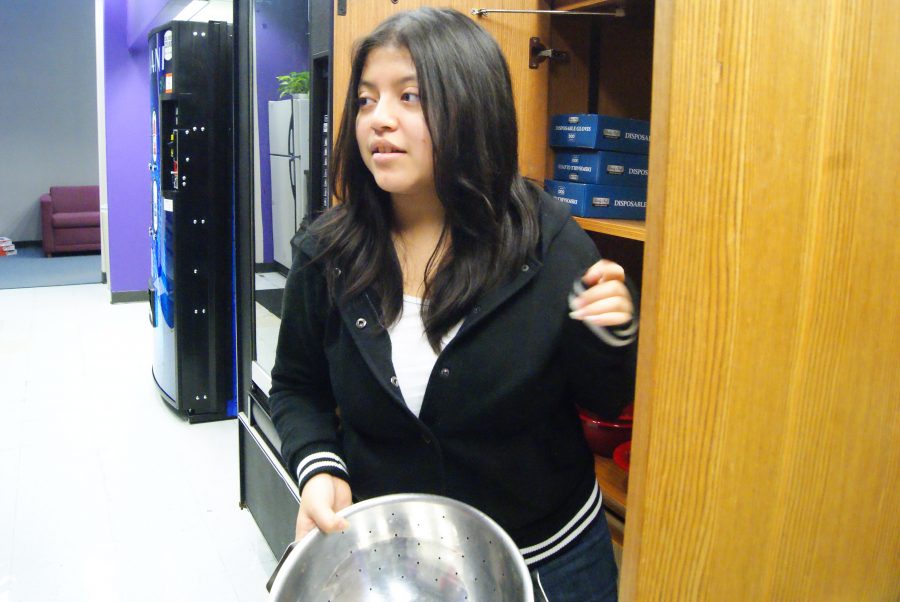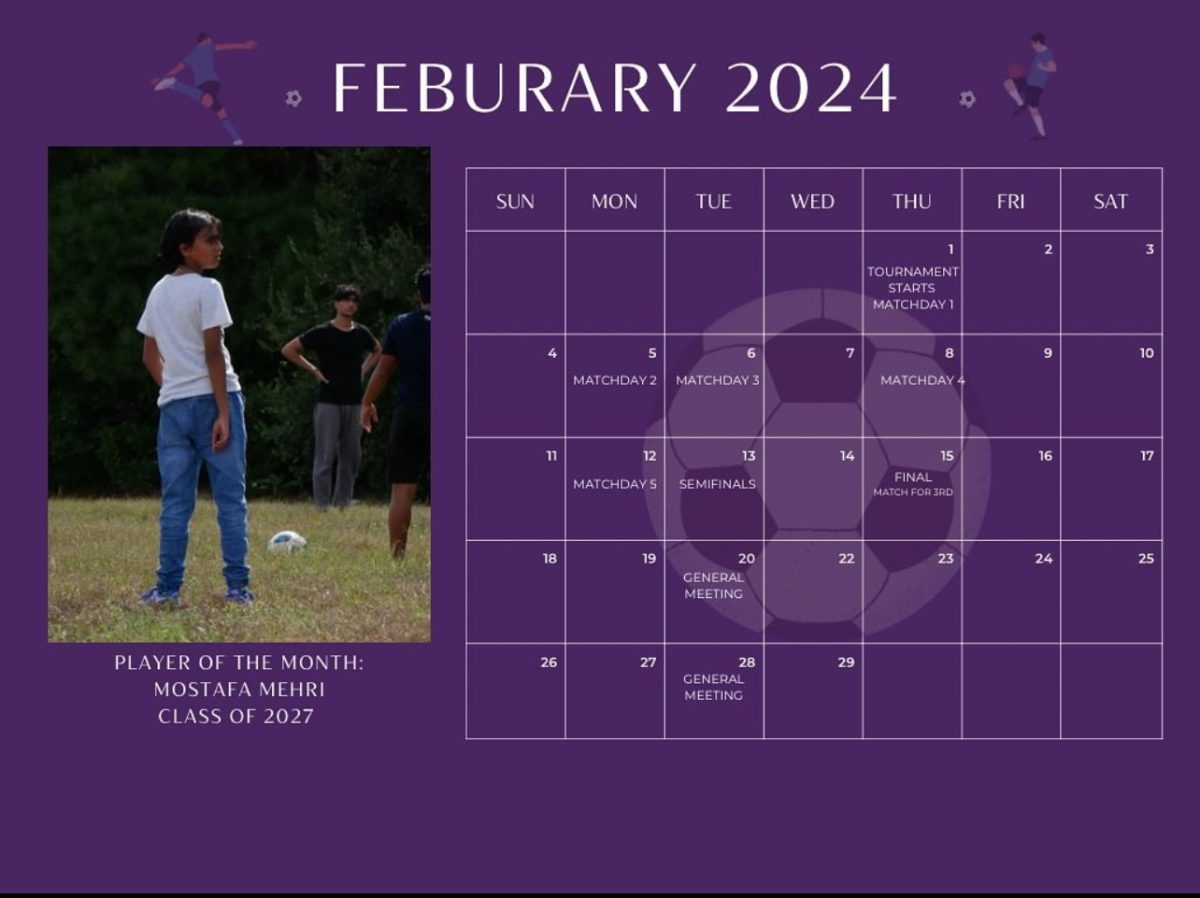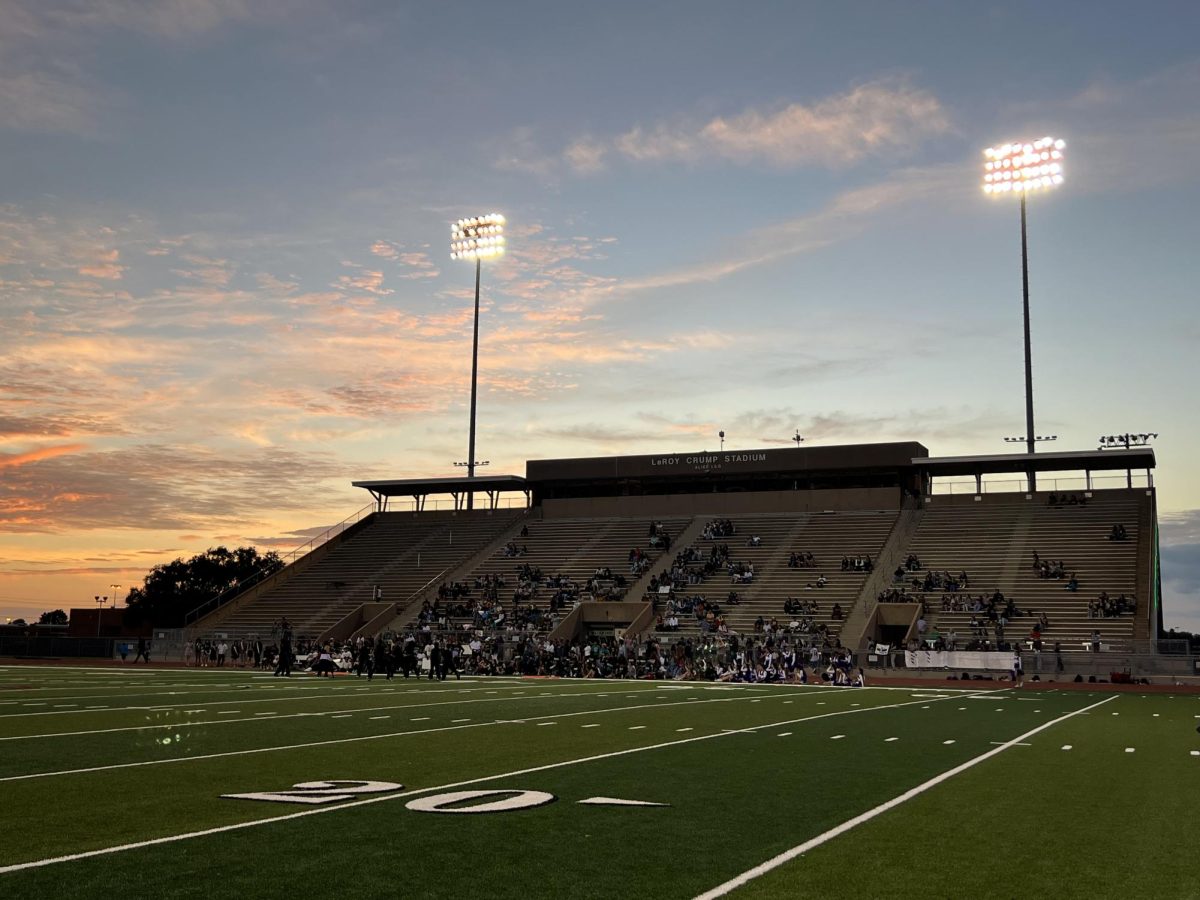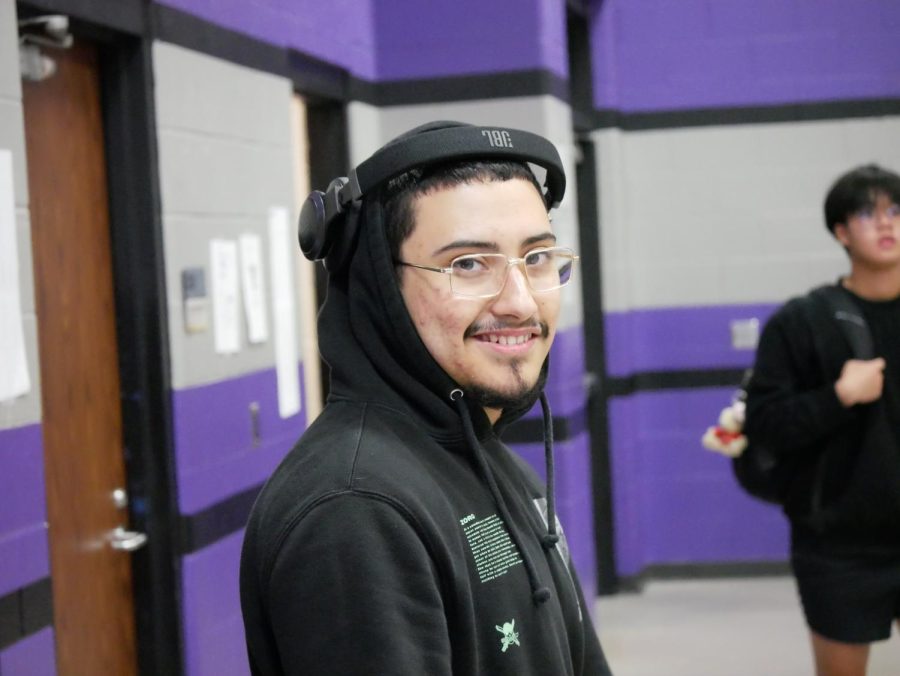Jaqueline Matias can still remember the day when her brother brought home a book from his nutrition class. The book contained a six-week plan for adults who overate and needed a complete change in their life. A seventh grader at the time, Matias thought she had found the solutions for her relationship with food. However, this was the beginning of a struggle with her weight she would have never predicted.
Now a junior, Matias can remember food was a big deal in her life starting at the age of 6; counting calories at the age of 10; to replacing her favorite desserts with plain ice which she called “frozen dessert.” Looking back now, Matias cannot exactly figure out why she cared so much about her food consumption; however memories of watching T.V, when she was younger made her realize the societal standards of what was considered pretty through corny jokes and subliminal messaging was a big influence on her thinking.
“As a kid, you try to imitate what you see, and for me it was being that pretty girl from that family sitcom or the main lead in a movie,” Matias said. “I thought I was fat, I mean looking back I wasn’t, but at the time I truly believed I had to become what I saw. If I did lose weight, if I did become the epitome of attraction, then I would not only help myself by being something nice to look like, but everyone in my life.”
However, Matias’s obsession with what she ate took a different turn when she discovered “Eat to Live: The Amazing Nutrient Rich Program and Sustained Weight Loss” by Joel Fuhrman, the book her brother had brought from school. She was introduced to a world of adult dieting that included incorporating healthy choices in a six-week plan. She followed every detail, leading to many arguments with her family and schoolmates about their food choices.
“I would get into fights with my family because they didn’t bring the right groceries,” she said. “No one in the cafeteria at school would listen when I explained why they shouldn’t drink milk, or start eating healthier. I learned food was a very sensitive to people.”
Matias lost 10 pounds by the summer, but it still wasn’t enough to reach the body she envisioned. Then in the eighth grade she received her first laptop, introducing her to the world of eating disorders on online forums and websites. She began to “mimic” anorexia and had reassured herself she wouldn’t do it for too long.
“When I saw those [anorexic] stories on T.V, I would think that’s what I should do. I mean they would end up in the hospital but somehow end up recovering. I would just do that until I would lose the weight.”
Matias didn’t take her actions seriously, and no one around her seemed to notice. Her mom would make small comments about why she didn’t eat dinner, or why she was exercising late, but didn’t think much of her actions. No one, including herself, knew she had an eating disorder at the time. At an annual doctor visit, Matias revealed her struggles with food to her doctor, and after one more appointment with a specialist she was diagnosed with EDNOS (Eating Disorders Not Otherwise Specified).
Meaza Gebru, a registered nurse, stresses the importance of receiving professional help for eating disorders. In her almost decade of work, Gebru has seen many patients struggle with eating disorders
“Professional help and support is vital in helping someone facing any sort of eating disorder. Recovery is much easier when you have professional experts by your side.” she said in a text interview. Gebru recommends finding a professional counselor or nutritionist who specializes in the diagnosed disorder.
Eventually Matias reached her breaking point. A combination of money and candy from a business led to the unraveling of her imaginary world. She began a cycle of binging, purging and extreme dieting. She would find leftovers and anything around her and eat more than a thousand calories in one sitting.
“There’s an element of guilt every time you binge because it is the opposite of what you want to be doing, but while you’re consuming food you’re thinking ‘I’ll get rid of this,’” she said.” To get rid of the guilt I would excuse it by telling myself I’m not gonna eat anything tomorrow or I’ll exercise all day tomorrow.”
Matias’ mother and other family members thought Matias eating disorder ways was just healthy eating and exercise. However, when her mother made a comment about her fluctuating weight, Matias knew she had to change. She was 154 pounds and only 4’1l. Matias broke away from all the negative influences in her life and decided to try to lose weight in a more gradual regimen. However, to say it has been easy would be an understatement.
Looking back at her diary entries at the time, Matias now realizes how theatrical her thinking had become. She had personified the conflicting voices in her head as imaginary characters, and in a way was glorifying what she was doing. She thought that controlling her eating made her unique.
“It doesn’t just go away; you’re always tempted to just go back, because that’s where you’re comfortable. I forgot how to eat moderately. My younger years wasted focused on dieting and exercising and everything backfired.”
After keeping her weight issues a secret, Matias revealed it to her brother’s girlfriend and eventually as time passed her family. Now she believes she has the support needed to get through any problems she will face. Looking back, she realizes her reason for the eating disorder was bigger than the idea of losing weight. She wanted control in her life. She thought “fat” people couldn’t be happy, but has learned valuable lessons throughout the way.
“In the meantime, while you are fat and losing weight, you can still enjoy your life. Most people don’t realize that right now is the best time of our lives. Go ahead, pursue it, learn a lesson, but you’re going to regret it.”






